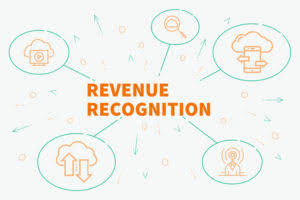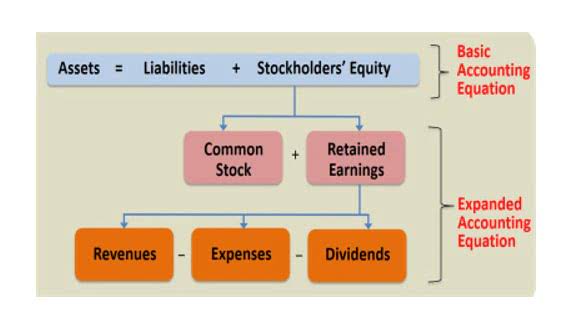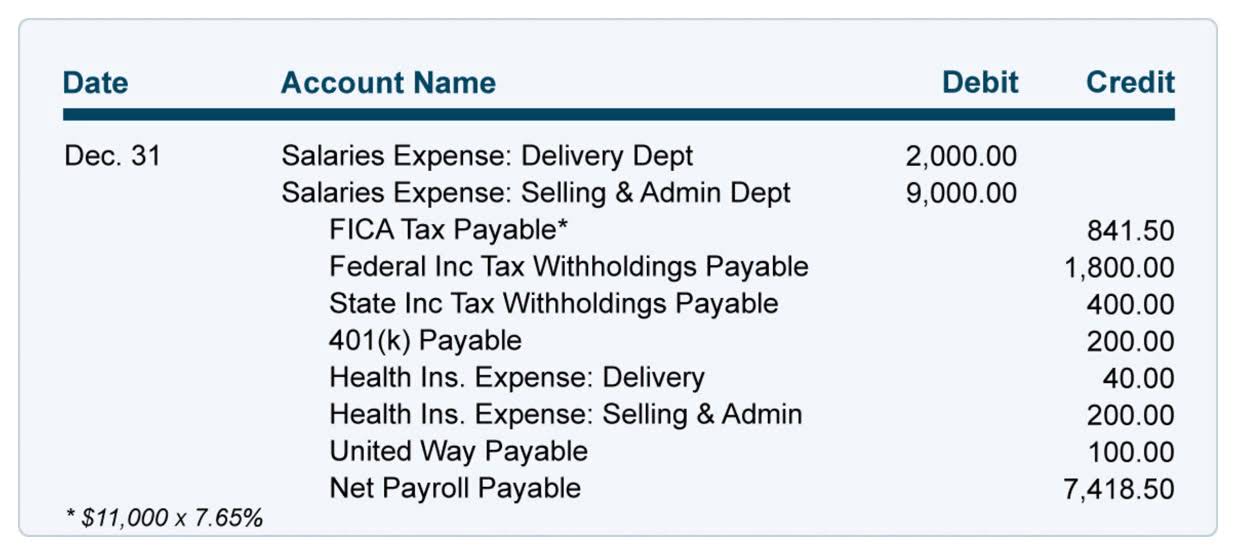
Accountants are seen as experts in record keeping, application of complex rules, business logic and standards setting. They have the opportunity to guide and influence how blockchain is embedded and used in the future, and to develop blockchain-led solutions and services. At Invensis, we offer expert finance and accounting services to support the needs of businesses across diverse industry verticals. Our team of CPAs, budget analysts, auditors, and financial accountants utilize their extensive industry knowledge and advanced technologies to deliver well-optimized finance and accounting solutions.
- Blockchain technology also allows companies to verify each other’s financial information almost instantly.
- The settlement and clearing process for stock traders can take up to three days (or longer if trading internationally), meaning that the money and shares are frozen for that period.
- Businesses keep their own ledger to ensure business’ financial records are accurate and compliant.
- One major consideration is the need for accountants to develop new skills and knowledge to effectively use and manage blockchain systems.
- In this article, we explore what is blockchain technology in banking and its benefits, challenges, and opportunities.
- Real-time transaction processing and accessible audit trails provide business owners with accurate insights into financial activities, enabling informed decision-making.
Blockchain Technology: Shaping the Future of the Accountancy Profession

Integrating continuous data feeds from sources such as sales transactions and payroll systems enhances transparency and accountability. Financial managers can track key performance indicators like liquidity ratios and cash flow metrics in real time, ensuring a current and accurate view of the business’s financial status. This capability aids compliance with regulations such as the Dodd-Frank Act and supports internal governance by identifying discrepancies or anomalies early. By maintaining an unalterable record on the blockchain, they allow accountants and auditors to quickly verify transactions and trace financial flows. This capability supports the integrity of financial statements and aligns with auditing standards like ISA 315, which focuses on risk assessment.
How is artificial intelligence transforming the roles of accountants?
Blockchain represents a paradigm shift in how we store and interact with information. But with the advent of blockchain technology, accounting processes have become more reliable and secure than ever before. Blockchain in finance refers to the use of blockchain technology in financial services to improve efficiency, transparency, and security. Greater adoption, regulatory advances, and the development of new financial products and services are all on the horizon. However, challenges such as scalability and interoperability need to be addressed for blockchain to fully realize its potential.

Benefits of implementing blockchain Tech with Accounting

In supply chain accounting, blockchain facilitates automated reconciliation processes, reducing the need for manual interventions. Smart contracts can be employed to automatically execute and verify transactions when predefined conditions are met. This not only speeds up the accounting process but also minimizes the risk of human error. The adoption of blockchain in accounting also streamlines processes by automating tasks that traditionally required significant manual effort. https://www.bookstime.com/ Smart contracts, which are self-executing contracts with the terms directly written into code, can automatically enforce and verify the terms of agreements.
Public.com
For instance, Deloitte relies on machine learning in blockchain that helps check, mark anomalies, and set a risk rate for the transaction. In this post, we’ll focus our attention on how blockchain affects the accounting industry and what impacts this technology can have on your small business finances. Embracing this technology will be crucial for staying competitive and relevant in the accounting field.
Blockchains have been heralded as a disruptive force in the finance sector, especially with the functions of payments and banking. Blockchain technology achieves decentralized security and trust in several ways. After a block has been added to the end of the blockchain, previous blocks cannot be altered. Since a block can’t be changed, the only trust needed is at the point where a user or program enters data. This reduces the need for trusted third parties, such as auditors or other humans, who add costs and can make mistakes. Acropolium brings a two-decade expertise to employ blockchain in finance in a way it addresses unique needs.

How can accountants start using blockchain technology?
- As a result, companies can confidently share information with partners and regulators, knowing that the data is secure and tamper-proof.
- Accountants must stay informed about new tools that automate tasks and improve data processing.
- Unlike traditional centralized systems, a decentralized blockchain network doesn’t rely on a single point of control, making it highly resilient to attacks and data breaches.
- Using a professional firm that specializes in hyper-growth startups is smart business decision.
- Although blockchain can save users money on transaction fees, the technology is far from free.
- They will play a pivotal role in ensuring that smart contracts are appropriately designed and executed, and that the internal controls governing blockchain transactions are robust and compliant.
It offers industries a reliable, tamper-proof platform to track various assets, from raw materials to intellectual property. This transparency minimizes disputes and discrepancies while trial balance maximizing accountability. Industries like supply chain management benefit from real-time tracking, reducing inefficiencies and enhancing overall operational transparency.

This real-time capability allows accountants to monitor transactions as they happen, providing up-to-date information for decision-making. The ability to access real-time data helps in maintaining accurate financial records and supports more dynamic and responsive financial management practices. Propy streamlines the real estate industry blockchain in accounting with its transaction management platform and blockchain technology.
